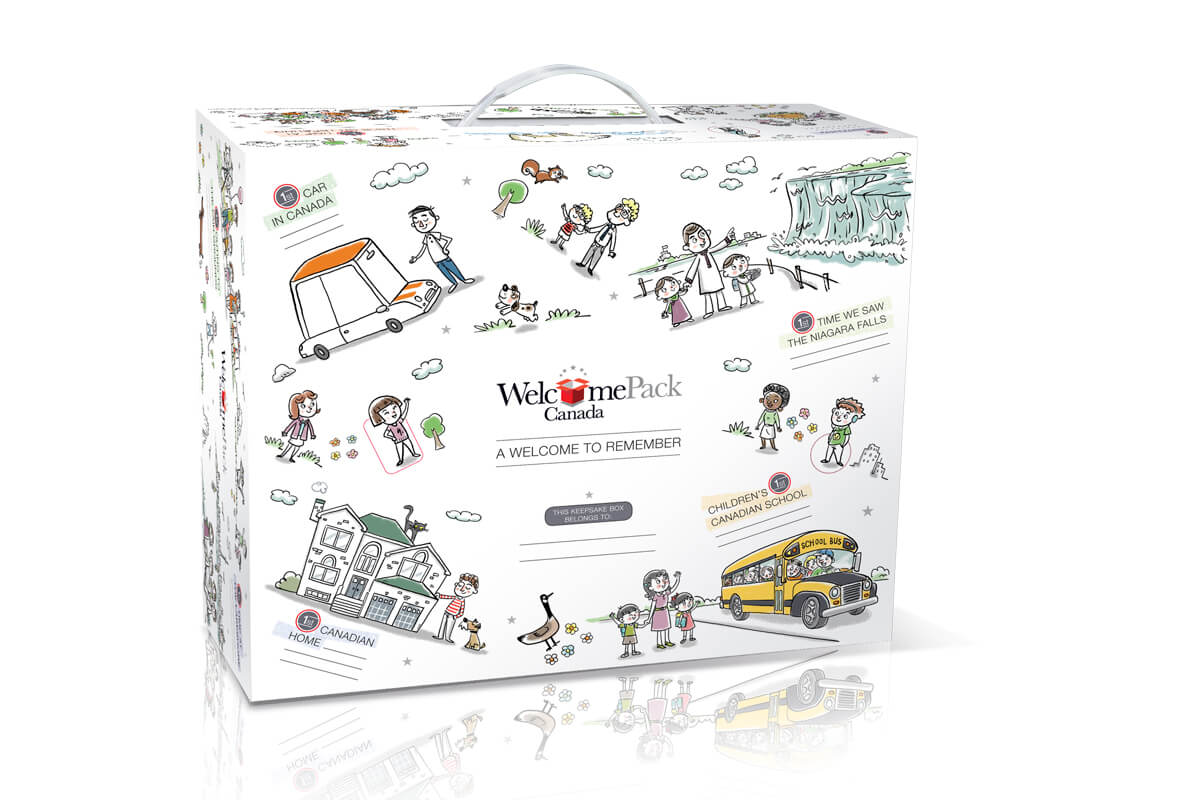As Syrian refugees make their way to Canada, medical professionals and volunteers across the country are busy prepping to assist in medical care services.
About 900 to 1,000 refugees are expected to land in Canada – primarily at airports in Toronto and Montreal – daily in the coming weeks.
With those numbers, Dr. Paul Caulford, the co-founder of The Canadian Centre for Refugee and Immigrant Health Care (CCRIHC), says there is a need for more volunteers to help out with medical care.
“[We’re] looking at issues like settlement, housing and mental health,” Caulford says, noting that his volunteers are hoping to increase the hours they work, as well as operate a clinic on Saturdays.
“We have a shortage of providers as it is. We are trying to ramp up our volunteers.”
“We don’t know the level at which these individuals are going to be injured, traumatized, wounded, sick or unhealthy.”
So far, nurses, midwives, pediatricians and social workers have offered to assist the influx of refugees coming to Canada. Medication such as antibiotics has also been donated to help with the effort.
“We don’t know the level at which these individuals are going to be injured, traumatized, wounded, sick or unhealthy,” Caulford says, noting that he’s seen refugees with bullet wounds and deformities as a result of being shot.
He adds that pediatric care and mental health also remain a priority.
“I think [the best thing] for children and youth new to Canada is to have their full family unit together and to get those kids into playgrounds and schoolyards as soon as we can, so they can kick a soccer ball and not run away from a bomb,” he says.
“That’s been shown to be one of the healthiest things you can do for mental health and post-traumatic stress disorder. It’s to get them playing with the other children.”
“[T]his is going to make us better at managing surge issues and managing increasing demands within the health-care system.”
But while he and several volunteer medical professionals are busy prepping for refugee arrivals, Caulford concludes that the stress of it all will ultimately benefit Canada’s health-care system in the long run.
“We think this is going to make us better at managing surge issues and managing increasing demands within the health-care system,” he says.
“It’s going to teach us of other surges that are to come [and teach us] how to organize ourselves better.”
 WelcomePack Encourages Canadians to Welcome Newcomers
WelcomePack Encourages Canadians to Welcome Newcomers
Something as simple as saying “hello” is all it takes to welcome a newcomer to Canada.
WelcomePack Canada has launched the Welcome a Newcomer campaign, an initiative that taps the spirit of acknowledging new immigrants and encourages Canadians to reach out to a newcomer and send them a virtual greeting card.
The e-card showcases the beauty of the Canadian landscape, people and values. It also has a poem encouraging newcomers to experience Canada’s national parks and cultural events.
Along with the e-card, newcomers will also receive a free WelcomePack gift box that includes a guide giving them tips on how to settle in a new country among other items.
Something as simple as saying “hello” is all it takes to welcome a newcomer to Canada.
“We meet many newcomers to Canada in our community, our workplace and at social engagements,” says Andrew Srinarayan, vice president of WelcomePack, in a press release.
“Through this act of friendship and hospitality, let us reach out to make them feel welcome in their new home country and make a new friend.”
 Young Immigrants Achieve Higher Success Rates in School
Young Immigrants Achieve Higher Success Rates in School
Immigrant students have a higher success rate in education, according to a study by Statistics Canada.
The study takes a look at the education rates in regions across the country, including Ontario, Quebec, Alberta, British Columbia, Manitoba, Saskatchewan as well as the Atlantic provinces.
In every region, those who immigrated before the age of 15 had high school and university completion rates that were higher than third- or higher-generation Canadians.
In Canada as a whole, 40 per cent of immigrants from the ages 25 to 29 had a university degree in 2011.
Only 26 per cent of third- or higher-generation individuals were in the same group.
The lower reading levels likely reflect the fact that neither English nor French is the first language of many immigrant students.
The study also examines the regional differences in the reading and math skills of immigrant children aged 15. The Programme for International Student Assessment (PISA) measured these stats between 2000 and 2012.
At the national level, immigrant students scored similarly in math, but had slightly lower reading scores than third- or higher-generation students.
The lower reading levels likely reflect the fact that neither English nor French is the first language of many immigrant students.
But while immigrants were more likely to have degrees in all provinces, there were differences among the regions.
British Columbia had the highest proportion of immigrants with a university degree in 2011 at 44 per cent.
The university completion rates of immigrants were lower in the combined region of Manitoba and Saskatchewan (29 per cent) as well as in Quebec (32 per cent). (Photo Credit: Leland Francisco via Flickr CC)




